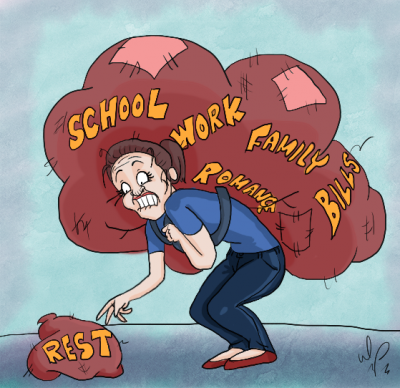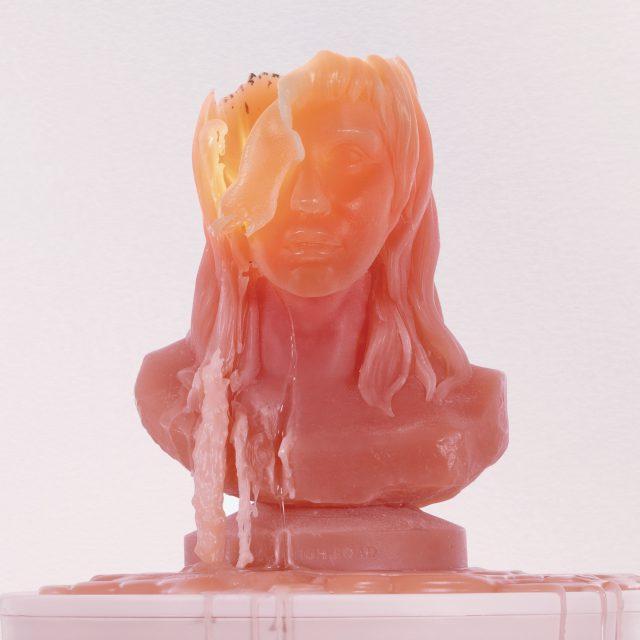
Netflix-documentary “Miss Americana” portrays Taylor Swift’s transformation from the girl next door to a young, empowered citizen who wants to voice her opinions.
“Shouldn’t I have someone that I could call right now?” Swift said after her Grammy win in 2016.
For Swift who is known for having a squad of friends of supermodels and singers, here she is, lonely at the top when wanting to talk about her achievements.
“I became the person who everybody wanted me to be,” Swift said.
For her, the idea of wanting to be a good girl and receiving validations has been in her diary since she was a child.
She was exhausted but happy when seeing her fans after a concert. She felt disappointed after receiving zero Grammy nominations and immediately worked on her next record. By the end of the documentary, she still tends to say “sorry” unnecessarily.
The title was inspired by “Miss Americana and the Heartbreak Prince,” the seventh track from Swift’s recent album “Lover.”
“The song is about disillusionment with our crazy world of politics and inequality, set in a metaphorical high school,” Swift explained the song’s double meaning to Spotify.
With Swift, people have always tried to create motives for her actions. If she remains silent toward politics, people say that she’s a Republican.
Now that she explicitly supports the left-wing on social media posts and music videos, people once again complain that she’s only faking it. President Trump even cared enough to say he liked her music less now.
“But, a nice girl doesn’t force their opinions on people,” Swift said. “A nice girl smiles and waves and says, ‘Thank you.’ A nice girl doesn’t make people feel uncomfortable with her views.”
Back in 2017, Swift was in the headlines as a radio DJ sued her for millions of dollars for getting him fired. However, she said that he groped under her dress and countersued him for $1.
The event led to Swift becomes more vocal about politics.
In the documentary, Swift, a 28-year-old woman, sobbed in front of her PR team and tried to explain why she took her stances and went publicly against Tennessee Sen. Marsha Blackburn on social media. The sole person stood by her side was Andrea, her mother, the only other female in the room.
One would think that real people are dying, but she’s complaining about her celebrity status. In other words, Swift doesn’t have the biggest problem in the world.
Yet, no one else’s problem is any worse than her either. Hard-to-please critics have built up this image that rich people only have champagne problems.
The truth is, the severity of one’s problem depends on how it affects them and how they deal with the whole situation.
In “Miss Americana,” Swift doesn’t just grow as an artist, she wakes up as a citizen.
Swift is an articulate speaker, so it’s not a surprise that she did a great job of narrating her story. Despite going through a feud with Kanye West, an eating disorder, a political awakening or her mom battling with cancer, at 85 minutes, the documentary left people wanting to hear more.
Obviously, the Swifties will support this project. But with “Miss Americana,” Swift have earned respect from non-fans who now have had more insight into her story.




























